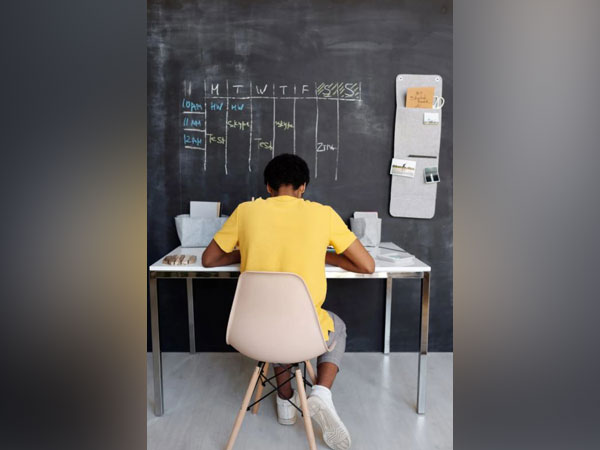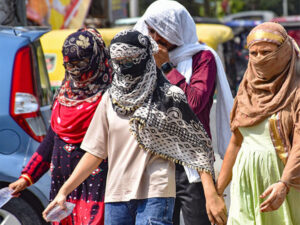
Amsterdam [Netherlands], April 9 (ANI): A recent study of national exam scores in the Netherlands, which underwent an eight-week school lockdown during the COVID-19 pandemic, found that students’ learning loss during the lockdown amounted to about one-fifth of a school year.
This was equivalent to the duration of the lockdown, with up to 60 per cent larger losses among students from disadvantaged homes, suggesting that students made little or no academic progress when learning from home.
The authors of the study were Per Engzell, Arun Frey, and Mark D. Verhagen, among others. The findings of the research were published in the journal PNAS.
The COVID-19 pandemic is transforming society in profound ways, often exacerbating social and economic inequalities in its wake. In an effort to curb its spread, governments around the world have moved to suspend face-to-face teaching in schools, affecting some 95 per cent of the world’s student population–the largest disruption to education in history.
The United Nations Convention on the Rights of the Child states that governments should provide primary education for all on the basis of equal opportunity. To weigh the costs of school closures against public health benefits, it is crucial to know whether students are learning less in lockdown and whether disadvantaged students do so disproportionately.
Data on learning loss during lockdown have been slow to emerge. Unlike societal sectors like the economy or the healthcare system, school systems usually do not post data at high-frequency intervals. Schools and teachers have been struggling to adopt online-based solutions for instruction, let alone for assessment and accountability. Early data from online learning platforms suggest a drop in coursework completed and an increased dispersion of test scores.
Suspension of face-to-face instruction in schools during the COVID-19 pandemic has led to concerns about consequences for students’ learning. So far, data to study this question have been limited. The effect of school closures on primary school performance using exceptionally rich data from the Netherlands (n [?] 350,000) can be evaluated using the fact that national examinations took place before and after lockdown and compare progress during this period to the same period in the 3 previous years.
The Netherlands underwent only a relatively short lockdown (8 weeks) and features an equitable system of school funding and the world’s highest rate of broadband access. Still, the results reveal a learning loss of about 3 percentile points or 0.08 standard deviations.
The effect is equivalent to one-fifth of a school year, the same period that schools remained closed. Losses are up to 60 per cent larger among students from less-educated homes, confirming worries about the uneven toll of the pandemic on children and families.
Investigating mechanisms found that most of the effect reflects the cumulative impact of knowledge learned rather than transitory influences on the day of testing.
Results remain robust when balancing on the estimated propensity of treatment and using maximum-entropy weights or with fixed-effects specifications that compare students within the same school and family. The findings imply that students made little or no progress while learning from home and suggest losses even larger in countries with weaker infrastructure or longer school closures.
This study represents one of the first attempts to quantify learning loss from COVID-19 using externally validated tests, a representative sample, and techniques that allow for causal inference. (ANI)



















